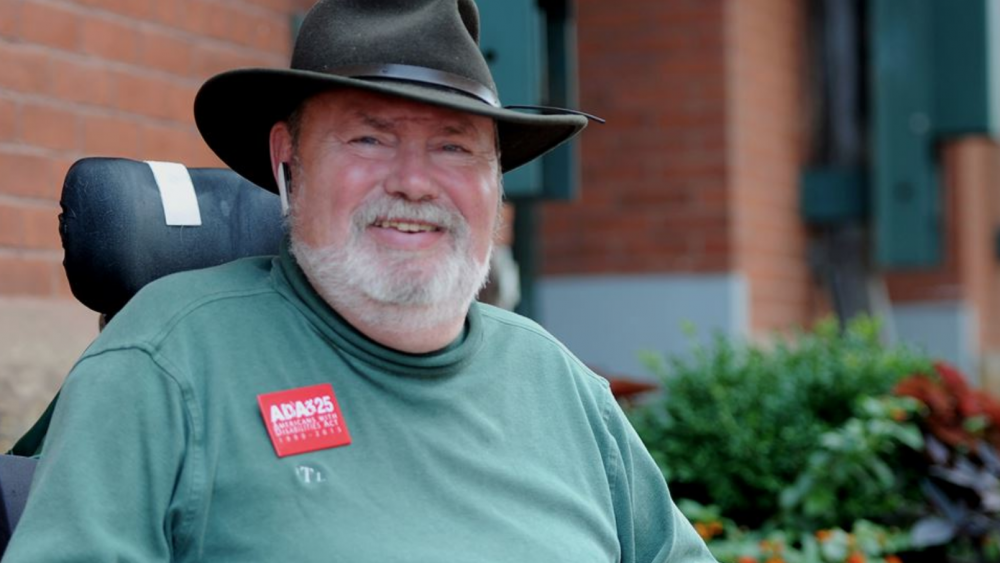John Tague, chairman of the Pennsylvania Transportation Alliance, uses a wheelchair and understands the daily mobility challenges faced by people with disabilities.
That’s why Mr. Tague is excited that a team from Carnegie Mellon University has received a grant to develop a prototype system for autonomous vehicles that will allow anyone to control most vehicle functions — from summoning the vehicle to their location to controlling the windows and the temperature of the air conditioning — from their cellphones.
The team, based in CMU’s Human-Computer Interaction Institute, was among 10 across the country that received $300,000 grants last week from the federal Department of Transportation to continue developing their ideas to make autonomous vehicles more practical for people with disabilities.
The grant is part the DOT’s Inclusive Design Challenge, a competitive program to improve mobility for people with disabilities. Three finalists will split $2 million to produce their product.
Nik Martelaro and Patrick Carrington, assistant professors at CMU, said their first step was to assemble a team of advocates for people with disabilities to determine what would help them use autonomous vehicles. Mr. Tague and others told them that many people with disabilities can use mobile phones with a regular keyboard, touch screen, voice commands or Braille keyboard, and linking those with autonomous vehicles would be a great benefit.
“We had ideas that we thought might be good, but we really relied on communications with the community to find out what they need,” Mr. Carrington said. “We really let that guide us.”
Mr. Martelaro said it quickly became clear that the mobile phone is “the community gateway” for people with disabilities. The group and designers believe it would be a great benefit if all autonomous vehicles have a common system for communicating with mobile devices.
“The phone is already something people have and use,” Mr. Martelaro said. “How do you leverage that to control an autonomous vehicle? We hope to develop a standard system for all manufacturers.”
Student researchers will begin working on the prototype when they return to classes Feb.1, said Sarah Fox, another assistant professor on the development team. The project will be submitted for another round of judging in March 2022.
Mr. Tague said it’s a real benefit for people with disabilities to be involved with a product from the development stage rather than trying to adapt something that already exists.
“A lot of times, we don’t get to the table until after something has been developed,” he said. “Here, we have a chance to have that input at the beginning.”
Fully autonomous vehicles may be more than 10 years away. But Mr. Tague and the developers say a system that allows people with disabilities to operate items like air conditioning or communicate with other riders will be beneficial even before that happens.
“This [grant] is great for us,” Mr. Martelaro said. “We get to do the work now. Our goal is to get the tested pattern to the point where the car companies say they can build off of that and produce a system every vehicle can use.”
Ed Blazina: eblazina@post-gazette,com, 412-263-1470 or on Twitter @EdBlazina.
First Published January 11, 2021, 6:30am




